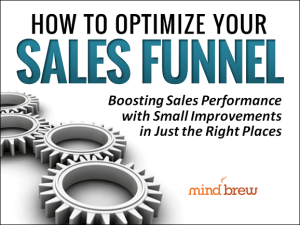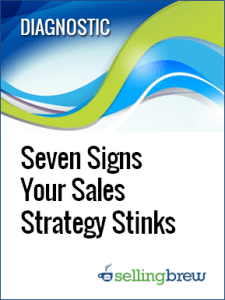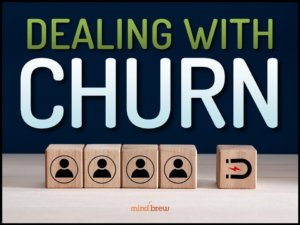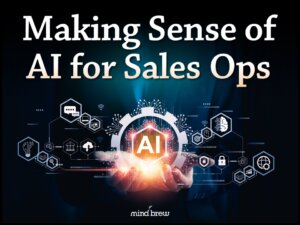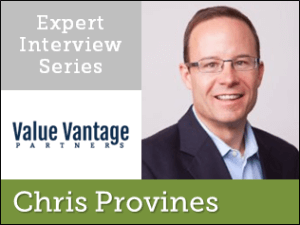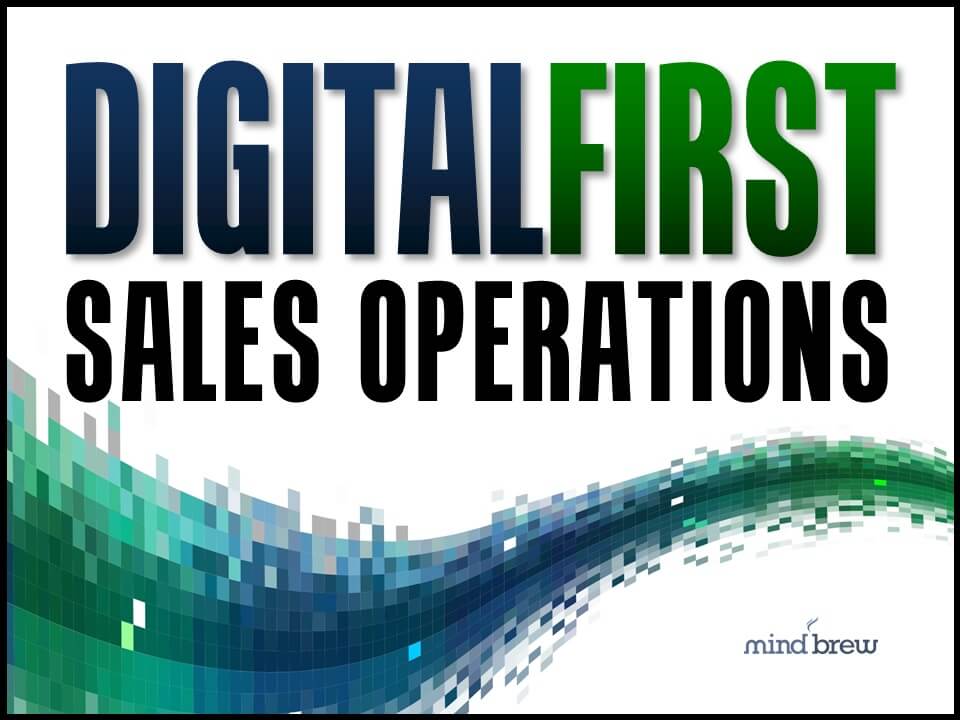If your company is like most B2B firms, you’ve probably defined your sales process in terms of what your staff do. First, you reach out to prospects with a variety of marketing materials. When prospects become contacts—these days, usually by filling out some sort of online form—you probably qualify them in some way to determine whether or not they are leads. Next, you begin the process of nurturing your leads, maybe through an automated email campaign, direct mail and/or in-person calls. As things progress, you might conduct a demo or deliver a quote. And eventually, hopefully, you make the sale.
This is all fine as a sales process—but your sales process is fundamentally different than your sales funnel. Your sales process defines what your marketing and salespeople do, but your sales funnel defines what your prospects, leads, and customers do.
Why does it matter?
When sales operations folks are talking about the sales funnel, they are often considering the metrics that tell them which prospects are becoming leads and which leads are ready to become customers. And if you’re a sales ops practitioner who is also a SellingBrew subscriber, you’re probably also looking for ways to optimize that sales funnel process to make it more efficient.
If you’re monitoring metrics that are based on actions your sales team have taken, you may have a good idea of whether or not your sales team is following your sales process, but you don’t really know if your prospects are moving through the buying process. In order to measure the buying process, you need to look at prospect actions—not salesperson actions.
To make it a little more clear, here are some examples of each:
Examples of prospect actions
- visiting the website
- reading a blog
- researching the company on social media
- completing a contact form and downloading a whitepaper
- attending a webinar
- signing up for a newsletter
- contacting the sales department
- asking for a demo
- asking for a quote
- sending out an RFP
- filling out a credit application
- making a purchase
Examples of salesperson actions
- sending an email
- making a phone call
- contacting a prospect through social media
- sending sales materials
- doing an in-person visit
- conducting a demo
- delivering a quote
Of course, this list is far from comprehensive, but you get the idea.
We recently had a subscriber ask, “Can we use our existing sales funnel stages for optimization purposes?” The answer, in a nutshell, is that it depends. If your existing sales funnel consists primarily of salesperson actions, it’s not going to be very helpful for optimization purposes.
But if you’ve defined your sales funnel in terms of your prospect’s actions, you’re in good shape for the next step—optimizing the sales funnel.

